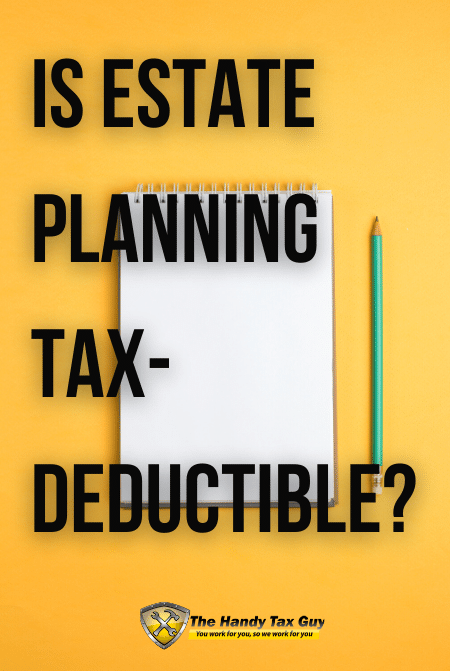Estate planning is never a fun topic to talk about, but it’s extremely important in managing our money and assets well after we pass on. Without estate planning, the government is put in charge and things can get much more difficult for friends and family.
A common thought is that estate planning is only for the rich and successful. But that isn’t true at all. Everyone has some kind of estate, whether that’s owning a 2001 Toyota Corolla, multiple real estate properties, a treasured family heirloom, or having money in investment or retirement accounts.
THIS POST MAY CONTAIN AFFILIATE LINKS. PLEASE READ MY DISCLOSURE FOR MORE INFO. This means if you click on any of the links, I’ll receive a small commission.
Why is Estate Planning Important?
Estate planning is your way of telling everyone how you want your possessions and money dealt with after you die. It provides a set of instructions so that there are no questions asked, and it keeps fighting or bickering to a minimum.
Your plan ensures that your assets are given to the people and organizations that matter the most to you.
Get Your Full List of Tax Deductions Here!
Can you deduct estate planning fees on taxes?
In the past, you were able to deduct fees charged for estate planning. Unfortunately, the Tax Cuts and Jobs Act (TCJA) changed that and no longer allows people to deduct the fees from their taxes.
The good news is that the TCJA is due to end in 2025, meaning that they may become deductible once again.
New changes for estate planning and taxes
As previously mentioned, prior to the introduction of the TCJA, some estate planning fees were allowed to be itemized deductions. However, the TCJA removed those stipulations without providing any other alternatives.
The good news is that the TCJA increased the threshold on estate taxes. The threshold is the limit that decides whether certain taxes apply to an estate after the individual passes away. The TCJA increased that number from $5.49 million up to $11 million (or $22 million for couples).
This change helps to protect your assets from taxes that they might have otherwise incurred. This means there is more money for your family and friends without the government taking a piece.
However, this legislation is due to sunset in 2025 and I’m not sure what will be renewed and what will be discontinued.
3 Pro Estate Planning Tips
- Make a list of all of your valuable positions. Itemizing your assets can be a lot of work, but it will ensure everything is accounted for and not simply “up for grabs”.
- Keep track of all of your accounts including investment accounts, checking and savings accounts, insurance policies, and more. These can be incredibly difficult to track down, so providing a trustee with the information can make things much easier.
- Be sure to keep track of your debts including credit cards, mortgages, auto loans, etc. Make sure to write down the account numbers and any other information someone might need to access and manage it.
Remember: Keep track of your expenses and income on a spreadsheet or bookkeeping program such as FreshBooks.
Final Thoughts
Estate planning isn’t a topic anyone wants to discuss, but it plays an important role in protecting your assets even after death.
A proper plan ensures that your friends and family receive what you designated without too much hassle. Taking the time to layout everything will pay dividends to those who are left behind, and secures your assets so nothing is lost or forgotten.
I hope this article helped you gain some control of your tax plan this year. Remember not to stress out. Don’t forget to check out Tax Forms page for any additional online tax checklists and forms you may need this year.
If you like this article, then you’ll love these:
- How to Save Money for Vacation in 3 Months (23+ Money Saving Tips)
- Do I Need to File a Tax Return?
- Pay Off Debt Quickly with These 4 Simple Tips
- How to Save $3,000 in 6 Months (Save Money Fast)

Disclaimer Statement: All data and information provided on this site is for informational purposes only. The Handy Tax Guy makes no absolute representation of the correctness, mistakes, omissions, delays, appropriateness, or legitimacy of any information on this site. **Note: Each client circumstance will vary on a case-by-case basis**





